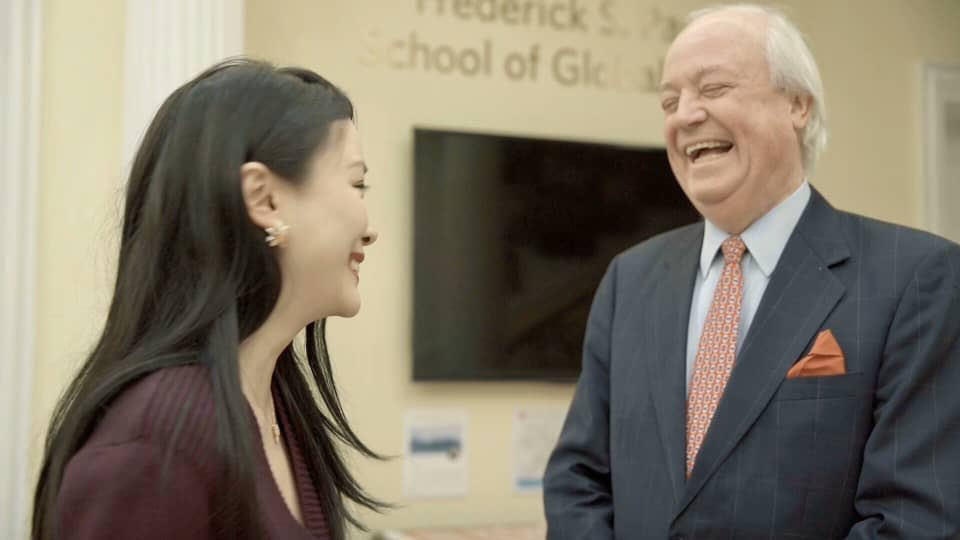Heine Offers Insight on Active Non-Alignment in Latin America

In an appearance on The China-Global South podcast, Jorge Heine, Research Professor at Boston University’s Frederick S. Pardee School of Global Studies, discusses his latest book – El No Alineamiento Activo y América Latina: una doctrina para el nuevo siglo (Active Non-Alignment and Latin America: A Doctrine for the New Century) – as well as Latin America’s application of active non-alignment in response to the Russia-Ukraine War.
Heine explained the sudden resurgence of active non-alignment, or the application of states acting in their own self-interest as opposed to alliances, in the context of a great power conflict and the new Cold War between China and the United States. Emphasizing the Latin American point of view in explaining why non-alignment has become more common, Heine explained the benefits of cooperating both with China and the U.S., rather than taking a hardline stance on one side. He also stressed the significance of increasing regional cooperation, like the recent Community of Latin American and Caribbean States (CELAC) regional summits or a potential increase of BRICS cooperation, describing it as a signal that active non-alignment will be more prevalent as the conflict continues.
The full podcast can be listened to below.
Ambassador Jorge Heine is a Research Professor at the Pardee School of Global Studies at Boston University. He has served as ambassador of Chile to China (2014-2017), to India (2003-2007) and to South Africa (1994-1999), and as a Cabinet Minister in the Chilean Government. Read more on him here.